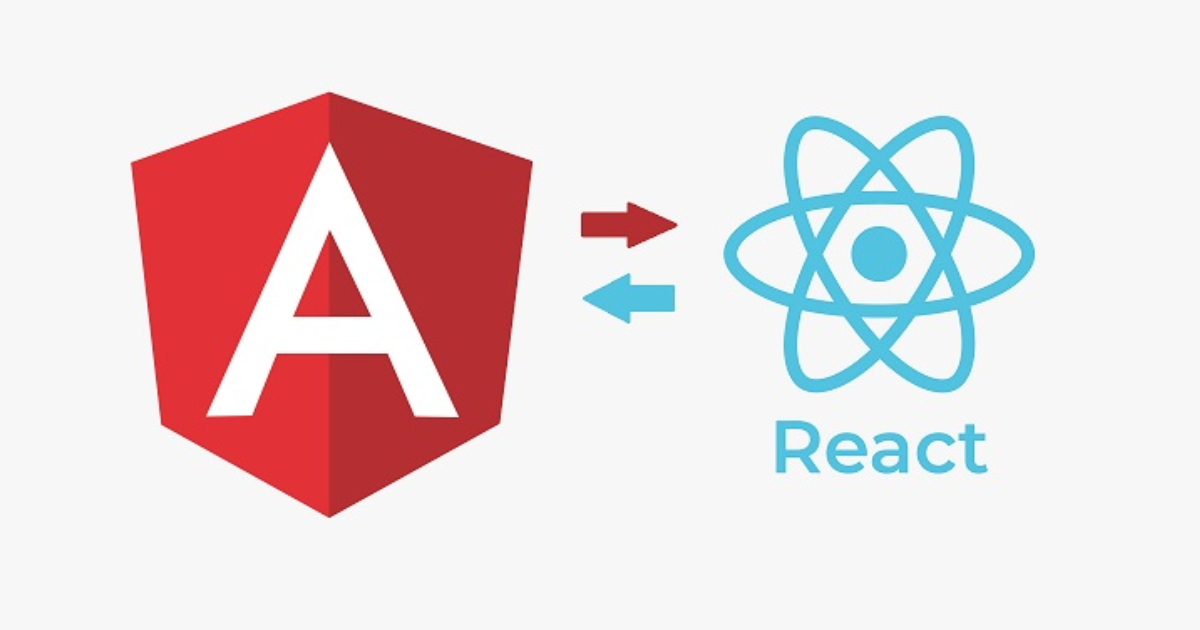Art of Balancing Work and Life in Tech Industry

Finding a proper balance between work and personal life is something everyone aims to achieve but most fail to do. It is not an easy task to achieve this specially in fast-paced world of today. In fact, professionals from tech industry find it even tough to draw a clear boundary between their personal and professional lives.
Demands of the Job
Professionals from the field of computer science most of the times are engaged in demanding jobs. These jobs are generally characterized with tight deadlines and high expectations. Be it a developer or system admin or security expert or any other roles, we can these professionals often working outside of office hours too. The working hours term doesn't resonate properly with computer professionals due to extended working hours with little space or time for their personal life.
Contributing to this is the nature of technology itself. Systems require constant monitoring, and at any time, issues can come up. For many professionals, the boundaries of work and home blur as e-mails and requests to troubleshoot problems spill over into evenings and weekends.
Pressure to Keep Learning
Another challenge that is very unique to the field of computer science is the need for continuous learning. The fast pace at which technology is evolving means that to stay competitive, professionals have to learn new programming languages, frameworks, or tools. This often eats into personal time because there is always something new to master or update in the set of skills.
Consequences of an Imbalanced Life
Poor work-life balance has several serious consequences, such as burnout, stress, and deterioration of physical health. If personal time is always sacrificed for work, then relationships, hobbies, and mental well-being all seem to suffer. Over time, this kind of imbalance can reduce overall productivity and creativity, ironically affecting professional performance.
Finding the Balance
These, however, have not altogether made it impossible to balance life and work. It needs setting boundaries-limits on emails after working hours or reserving weekends for personal activities. Time management and prioritizing tasks could also do wonders in finding spare moments for rest and rejuvenation.
Engaging in hobbies, spending time with family, or hitting fitness goals during one's time off can reboot the mind and body, allowing one to become more efficient and innovative upon returning to work. Notably, this recognition of the need for balance has also become a significant factor in the road to professional success.
Indeed, in a field as challenging as computer science, work-life balance is no doubt tough to achieve but vital to sustaining personal well-being and furthering career growth.















